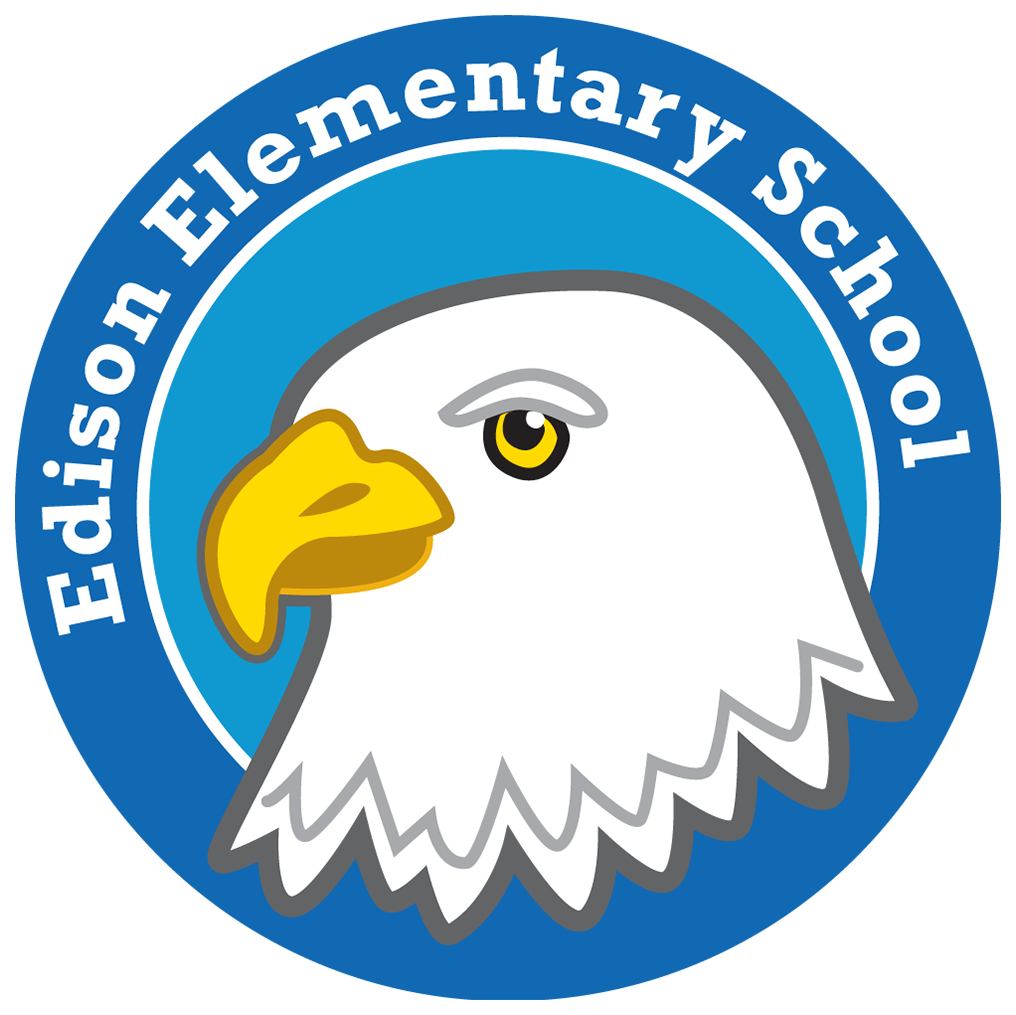Daily Schedule
8:25 Line up @ East Playground by the Art Room Windows and Gym Windows
8:25- 8:50 Morning Meeting
8:50- 9:20 CKLA Reading Knowledge
9:20-9:50 CKLA Reading Skills
9:50- 10:50 Supp. Responsive Instruction & Skills
10:55- 11:17 Recess
11:17-11:40 Lunch
11:40- 12:40 Math
12:40- 1:10 Writing Part 1
1:10- 1:55 Specials (Gym, Music, Tech, Art)
1:55-2:15 Snack/ Brain Break Recess
2:15-2:40 Writing Part 2
2:40-- 3:20- Science/ Social Studies
3:20-3:15 Clean Up Closing Circle
3:25 Dismissal on the Blacktop
Reading and Writing
Students receive reading instruction in a variety of ways. CKLA Reading Knowledge will be taught as a large group lessons. Students develop comprehension skills and engage with a text as a whole group. CKLA Reading Skills During this time students will work to develop and practice phonics skills, develop spelling strategies, and learn about sentence structures. Students can practice these skills previously taught each week! The goal is not for students to memorize how to spell the single words given in the spelling list. The goal is for students to build an understanding of the letter patterns to sound. Each week students learn new spelling and sound patterns that are practiced throughout the week. Spelling tests are given to help teachers monitor progress and understanding of the phonics skills students are developing and identify areas of need for more practice and support during small group instruction.
Supplemental Responsive Instruction & Skills gives students an opportunity to learn in a small group setting. Students are given individualized small group instruction that is rooted in the Science of Reading using Really Great Reading Curriculum. This time allows teachers to meet the students where they are at and provide science of reading based instruction to build the skills needed to decode words. Students will also have the chance to read independently at their just right level and use Accelerated Reader (AR) to practice reading comprehension. AR is a series of on-line comprehension quizzes used to assess students’ reading levels. Once students receive their log-in information, parents are able to long-in at home to check on their child’s reading progress.
We will be continuing to use the “Writing Alive” Curriculum. Writing Alive allows students to receive instruction on both fiction and non-fiction writing skills. Students also have the chance to practice their grammar, spelling, and editing.
Math
Through our Eureka Math curriculum students will engage in a daily warm-up, whole group and/or small group instruction, and independent practice time. Once students have completed their math work for the day they will have the opportunity to play math games, which are meant to provide further hands-on practice or complete a challenge sheet. Homework and video help are located on my website under each math module.
Module 1: Counting, Comparison, and Addition
Module 2: Addition and Subtraction Relationships
Module 3: Properties of Operations to Make Easier Problems
Module 4: Comparison and Composition of Length Measurements
Module 5: Place Value Concepts to Compare, Add, and Subtract
Module 6: Attributes of Shapes • Advancing Place Value, Addition, and Subtraction
Social Studies
Families Near and Far -
A family can take many forms; there’s no single definition or structure. In this Inquiry, students work together to build an inclusive understanding of family while identifying the various roles and responsibilities that contribute to a family. They explore what makes their family unique as they develop a mindset of curiosity and appreciation for differences they may encounter among various families and cultures.
Our Special Location -
Our geographic location shapes who we are and how we live. During this Inquiry, students investigate how location and climate shape daily life, and how goods and services meet community needs.
Civic Engagement -
You are never too young to engage in civic life. In this Inquiry, students explore different forms of participation and investigate key civics topics such as rights, fairness, responsibilities, rules, and laws.
Science
Light & Sound - In this unit, students take on the role of light and sound engineers as they are challenged with a design problem to design, build, and then project a scene for a puppet show. As light engineers, they tackle the question How do we make different parts of a surface brighter or darker? by investigating cause-and-effect relationships.
Spinning Earth -
In this unit, students embark on a study of the patterns that they observe in the sky. Students assume the role of sky scientists helping a young boy named Sai who lives in a place near them in order to understand the anchor phenomenon of the unit: why the sky looks different to him than to his grandma when they talk on the phone. Students explore what the sky looks like during the daytime and the nighttime. They examine Earth as a round, ball-shaped planet and develop an understanding of the orientation of Earth and the sun in space, allowing them to figure out that daytime and nighttime are the result of Earth facing or not facing the sun
Animal & Plant Defenses -
Students take on the role of aquarium scientists advising an aquarium director by helping answer young visitors’ questions about Spruce the Sea Turtle, who will soon be released back into the ocean. They investigate how Spruce can survive in the ocean, particularly since sharks live in the area. They then investigate a question about Spruce’s offspring: How can Spruce the Sea Turtle’s offspring survive where there are sharks? This context, which serves as the anchor phenomenon for the unit, provides concrete examples and motivation for students to discover the core ideas of the unit about how organisms and their offspring survive, particularly how they avoid being eaten.
